For over 20 vintages, I have been a loyal customer of Ganau America, a cork company based in Italy, with natural cork sourced from Sardinia and Portugal. Join me on a pictorial journey through their impressive Sonoma processing facility…
The cork arrives in bundles stacked on pallets. Each bundle contains 5,000 raw corks from Europe. The white bundles are from Sardinia, the beige bundles are from Portugal. The bundles are shipped in food-grade controlled conditions. Click here to watch a brief video of the warehouse:
From each bundle, several hundred corks are removed and sent to the Ganau internal lab for testing. The most common problem is TCA taint, a naturally occurring and rather common chemical that causes wine in bottles to become “corked.” TCA is “2,4,6-trichloroanisole,” essentially anisoles with some Chlorine molecules attached. TCA comes from microorganisms found in nature on almost all damp woody material.
Not long ago, most wineries sterilized buildings and machinery with chlorine-based compounds, unwittingly introducing TCA to entire tanks of wine. Now more is know about this process, and most wineries completely restrict potential chlorine-based sources.
“Corked” wines smell and taste of damp, soggy, wet or rotten cardboard. In small amounts, cork taint is non-detectable, but in larger amounts, in the range above 20 parts per million, cork taint dulls the fruit in a wine, renders it lackluster, and cuts the finish. If TCA is found, the entire bundle is re-processed or disposed. Click here to watch a brief video of the lab:
In some cases, the customer prefers a custom sorting process, as in the photo above, and this video:
Raw corks can also be sorted using this sophisticated laser-sorting device which grades and separates corks: Click here for a video of the laser sorting process:
Perhaps the most interesting of all processing steps, here the corks are lightning-fast “laser engraved” with a winery logo. Click here for a video:
After arrival, sorting, and engraving, the corks are given a brief bath in a light lubricant solution which assists the cork to slide into the bottle during the bottling process. Click here for a brief video:
The last step before packing and shipping is either drying or humidifying, depending on the weather in the facility and the moisture content in the corks after processing. Here the corks are being dried slightly in ambient air toward the target of 4-6% moisture content.
Kerry Smith King, our Ganau sales agent for nearly 20 years. When we first met, I was in the early stages of developing La Honda Winery in Redwood City. And many years later Ganau and Kerry are supplying corks for our new Sonoma wine brands – Dysfunctional Family, Localita, Sovare, and many other client wine brands we are bringing to market. In 2020, we’ll be exclusively using Ganau’s Italian ‘Sardinian’ cork for the introduction of our estate Sagrantino, our Sonoma red grapevines originally from historic Perugia Umbria in Italy.
For this visit to the Ganau plant, I dug through old T-shirts and found this somewhat iconic version from 2003 – it says “Ganau – Italian for cork” and thus the title of this blog post.
Readers who made it this far…bonus round!
Helping me with some blending trails for the 2017 Dysfunctional Family Sonoma Valley Red Wine Blend to be bottled in August, our consulting partner Bill Knuttel (a legend in our industry – Saintsbury, Chalk Hill, Dry Creek) applies his 30 years of expertise blending various proportions of Cabernet, Merlot, Syrah, and Petite Sirah. If the final blend hits just the right note, Bill might jump up and grab the keyboard behind him and play “Smoke on the Water” by Deep Purple.
The 2017 Dysfunctional Family Sonoma Valley Red Wine Blend will be bottled in August and released just before Thanksgiving.
Warmly – Ken Wornick

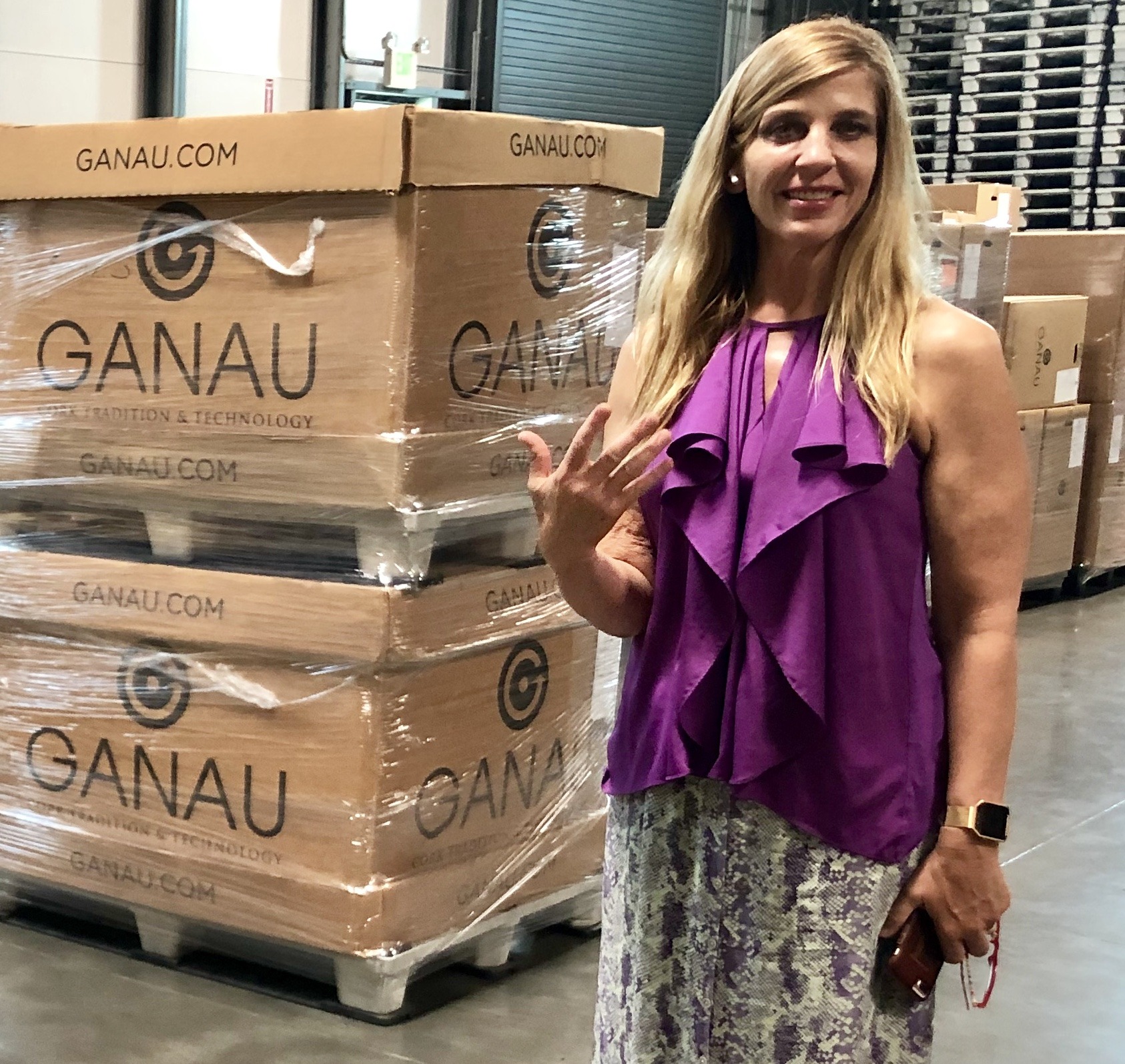

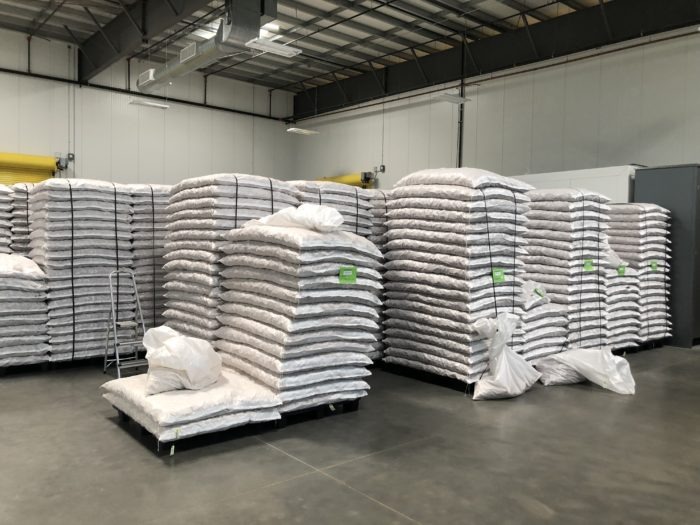
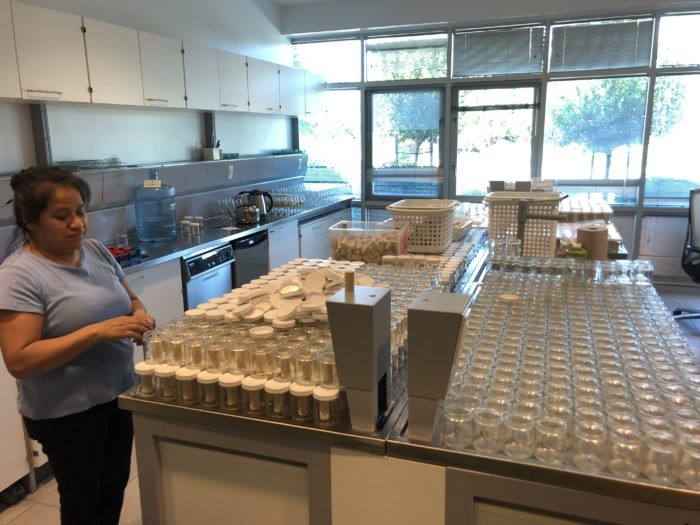
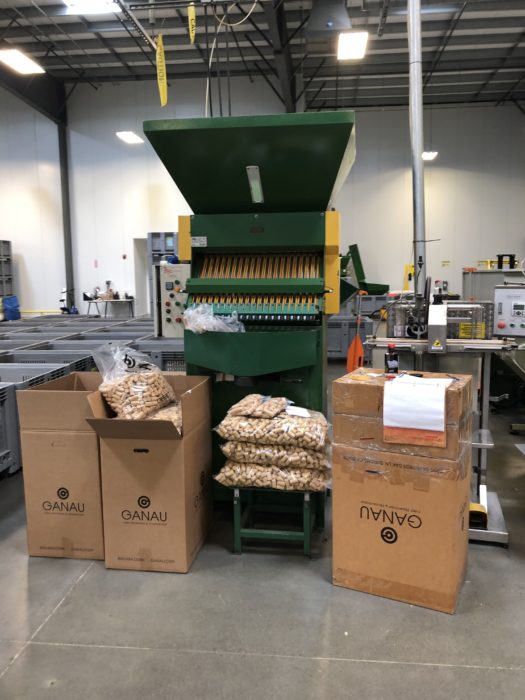
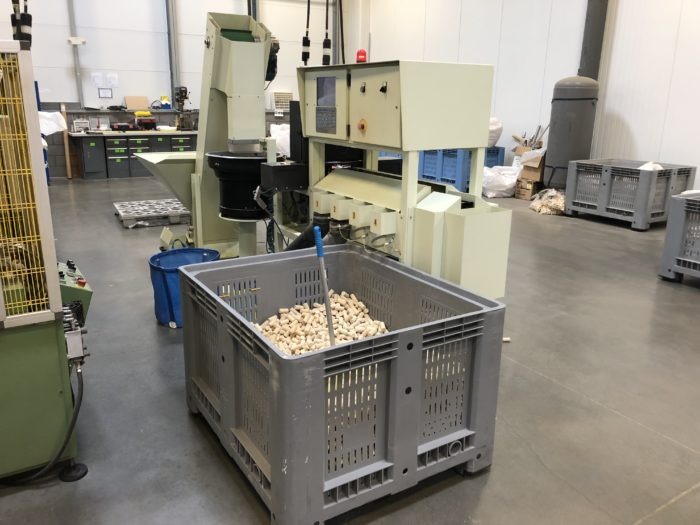
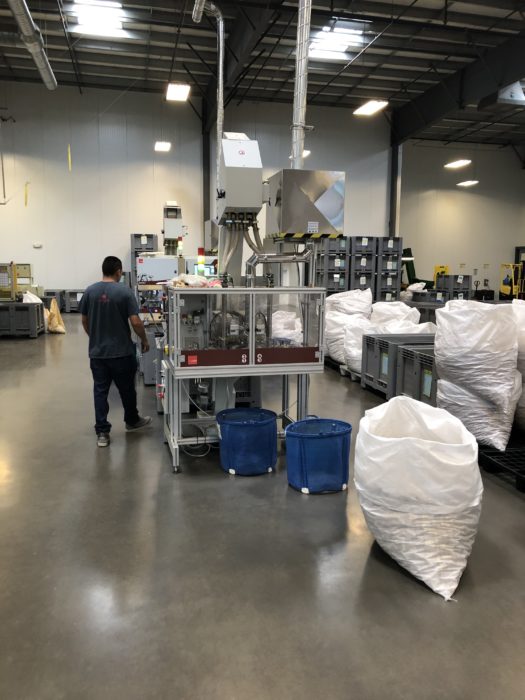
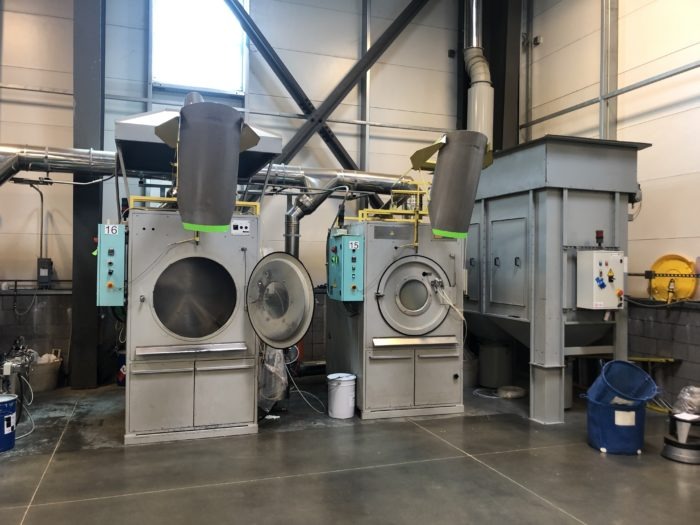
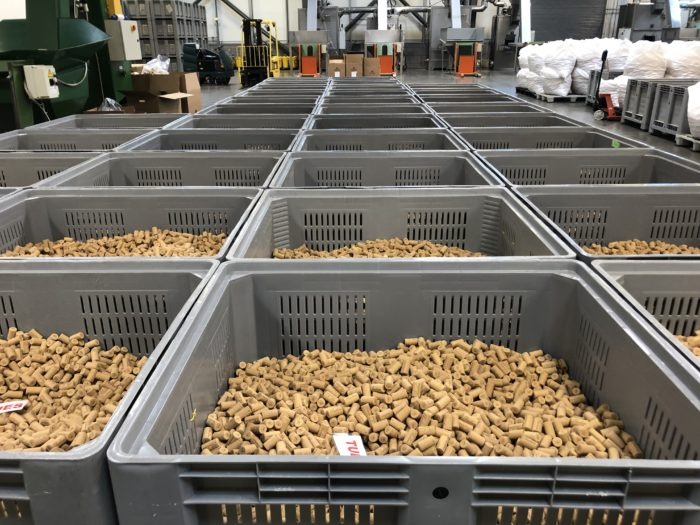
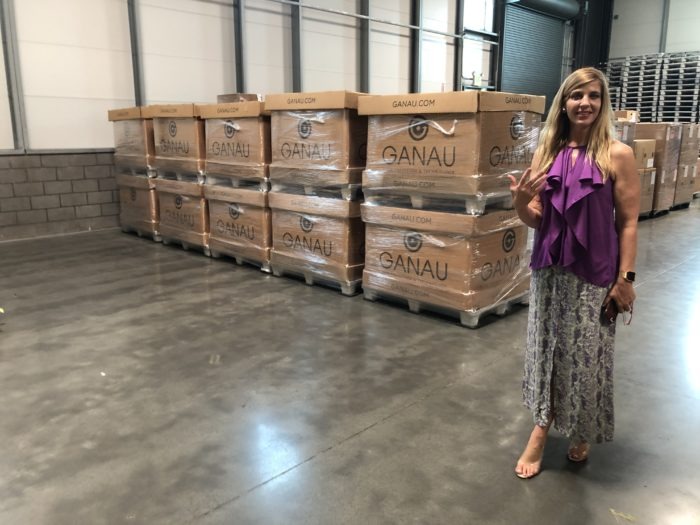
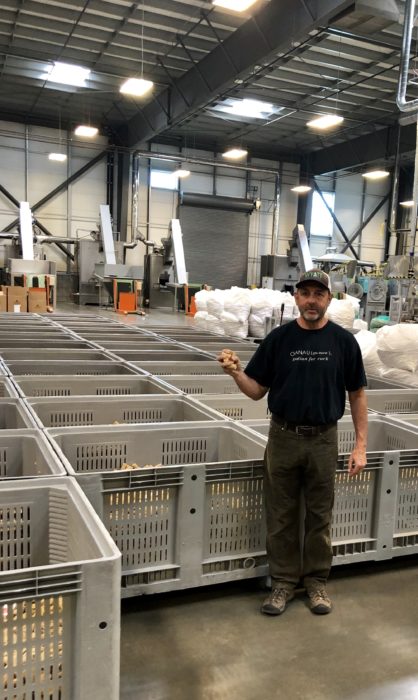
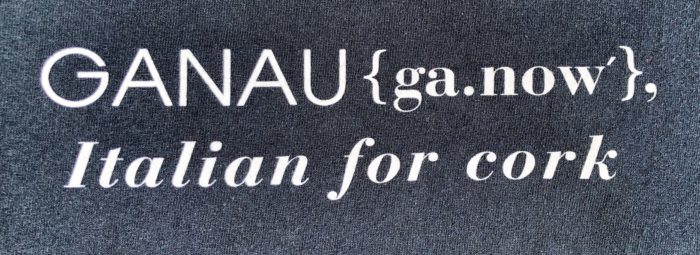
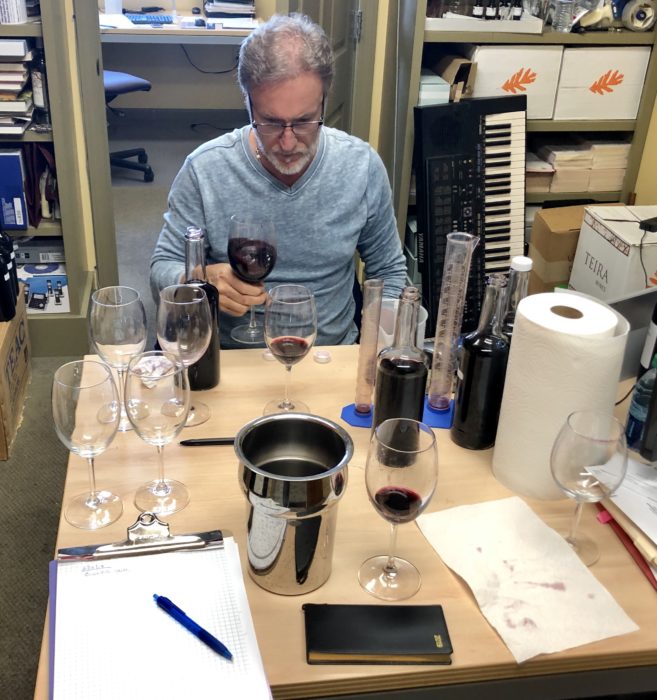
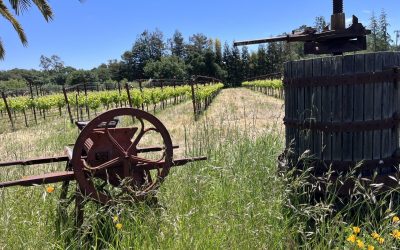
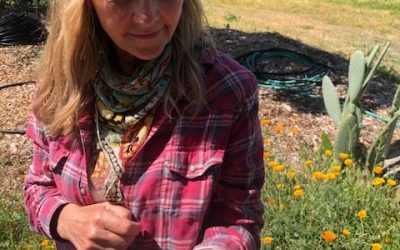

Always interesting and informative; thanks for another great post!
Really interesting Ken
Thanks!!!!
Evye
Cork by Kork. This is excellent caballeros. Who knew? Thank you!
You put the “fun” in dysfunctional!
And, maybe next time, you can write about the advantages of using a real cork from Italy, as opposed to a twist cap or a plastic “cork.”
Where can I buy a case of the Dysfunctional Family wine?